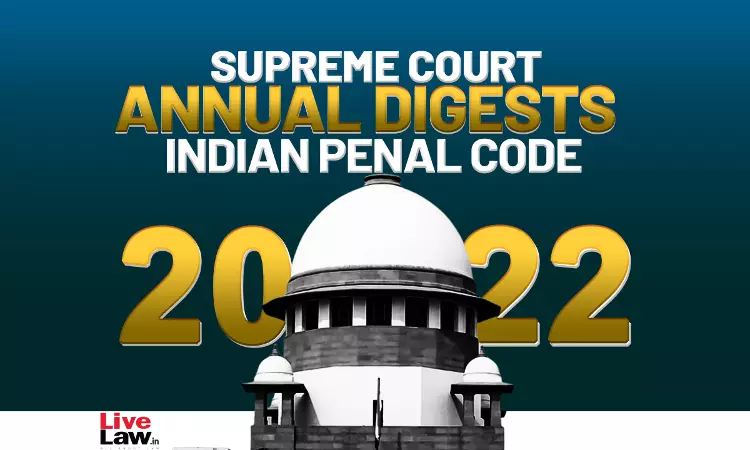Next Story
14 Jan 2023 10:06 AM IST
Penal Code, 1860 - Appeal against judgment of Allahabad HC which acquitted accused by setting aside conviction recorded by Trial Court under Section 302 and 148 IPC - Partly allowed - Accused convicted under Section 304 Part I r/w Section 149 IPC and for the offence under Section 148 IPC. State of Uttar Pradesh vs Subhash @ Pappu, 2022 LiveLaw (SC) 336 : AIR 2022 SC 1651 : (2022) 6...

